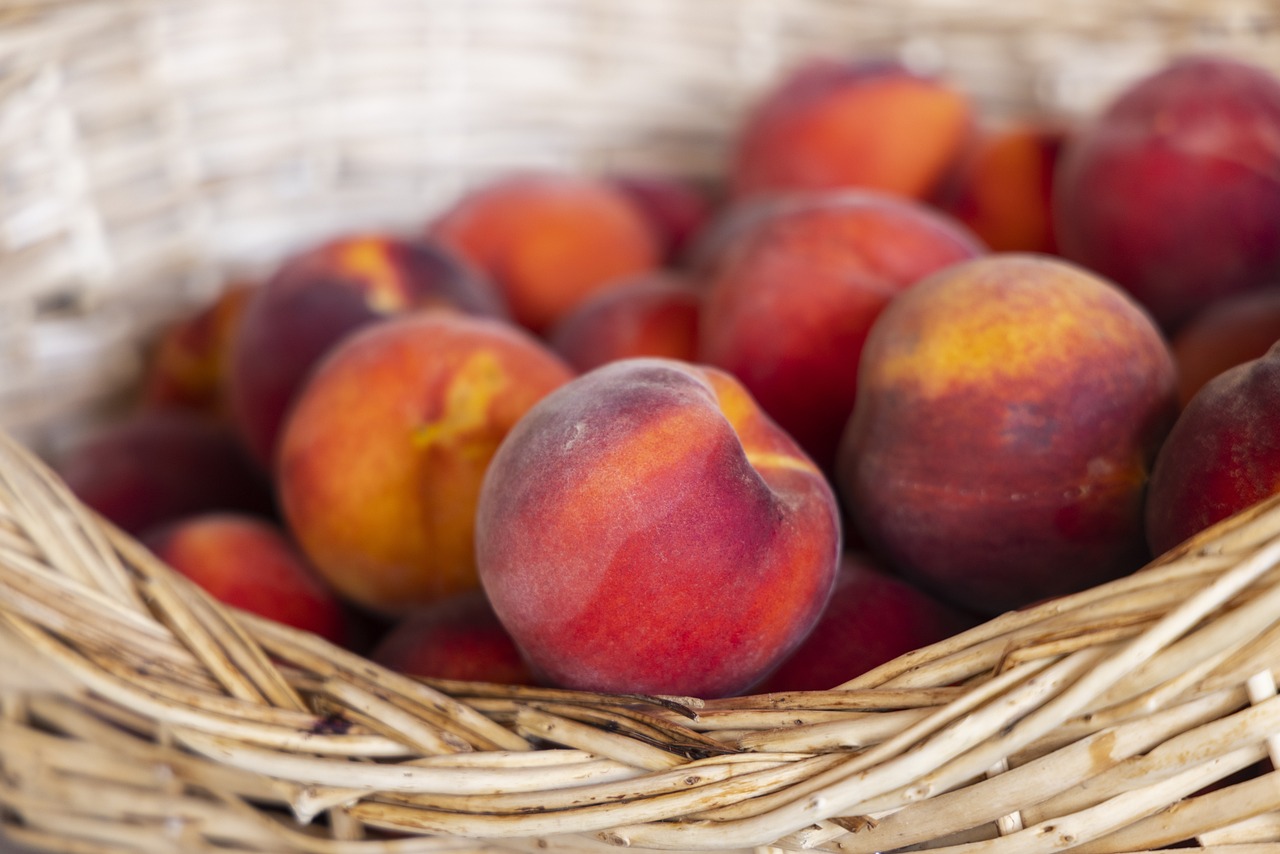Poultry Farming and Public Health: Cricbet 99, Sky1exchange com, Reddy anna book
cricbet 99, sky1exchange com, reddy anna book: Poultry farming plays a significant role in providing a sustainable source of protein for the global population. Not only does it contribute to food security and economic development, but it also has implications for public health. In recent years, concerns have been raised about the potential risks associated with poultry farming and its impact on human health.
As with any agricultural practice, poultry farming can have both positive and negative effects on public health. Here, we will explore the various aspects of poultry farming that have implications for public health and discuss the measures that can be taken to mitigate risks.
1. Antibiotic Use in Poultry Farming
One of the major concerns related to poultry farming and public health is the overuse of antibiotics in poultry production. Antibiotics are commonly used in poultry farming to promote growth and prevent diseases. However, the widespread use of antibiotics in livestock farming has led to the emergence of antibiotic-resistant bacteria, which can be transmitted to humans through the consumption of contaminated meat or through environmental contamination.
To address this issue, many countries have implemented regulations to restrict the use of antibiotics in poultry production. It is essential for poultry farmers to adopt alternative methods for disease prevention and management, such as improved biosecurity practices and vaccination programs, to reduce the reliance on antibiotics.
2. Zoonotic Diseases
Zoonotic diseases are infectious diseases that can be transmitted from animals to humans. Poultry farming can serve as a reservoir for zoonotic pathogens, such as Salmonella and Campylobacter, which can cause foodborne illnesses in humans. Proper hygiene and sanitation practices in poultry farms are crucial to prevent the spread of zoonotic diseases and ensure the safety of poultry products for human consumption.
3. Environmental Impact
Poultry farming can also have environmental implications that can affect public health. The disposal of poultry waste can lead to water and soil contamination, posing risks to human health and the environment. Proper waste management practices, such as composting and recycling, are essential to minimize the environmental impact of poultry farming and protect public health.
4. Occupational Health
Poultry farmers and workers are at risk of occupational hazards, such as exposure to dust, chemicals, and microbial pathogens. Proper training, personal protective equipment, and regular health screenings are essential to protect the health and safety of poultry farm workers.
5. Animal Welfare
In addition to public health concerns, poultry farming also raises ethical considerations related to animal welfare. The overcrowding and confinement of poultry in intensive farming systems can lead to stress, injuries, and decreased immune function in birds. Implementing humane farming practices, such as providing adequate space, enrichment, and access to the outdoors, can improve the welfare of poultry and contribute to overall public health.
6. Regulatory Framework
Government agencies play a crucial role in regulating the poultry industry to ensure compliance with health and safety standards. Regular inspections, monitoring of antibiotic use, and enforcement of biosecurity measures are essential to safeguard public health and prevent the spread of infectious diseases.
FAQs:
Q: Can I get sick from eating poultry products?
A: Yes, consuming contaminated poultry products can lead to foodborne illnesses caused by pathogens such as Salmonella and Campylobacter. It is essential to cook poultry products thoroughly and practice good hygiene to prevent foodborne diseases.
Q: How can I support sustainable and healthy poultry farming practices?
A: You can support sustainable and healthy poultry farming practices by choosing products from farms that adhere to high animal welfare standards, implement environmentally friendly practices, and prioritize food safety and public health.
Q: What can poultry farmers do to promote public health?
A: Poultry farmers can promote public health by implementing biosecurity measures, reducing antibiotic use, ensuring proper waste management, prioritizing animal welfare, and following health and safety regulations.
In conclusion, poultry farming and public health are interconnected, and it is essential to address the various challenges and risks associated with poultry production to protect human health, animal welfare, and the environment. By promoting sustainable and responsible farming practices, we can ensure the safety and well-being of both consumers and poultry producers.







